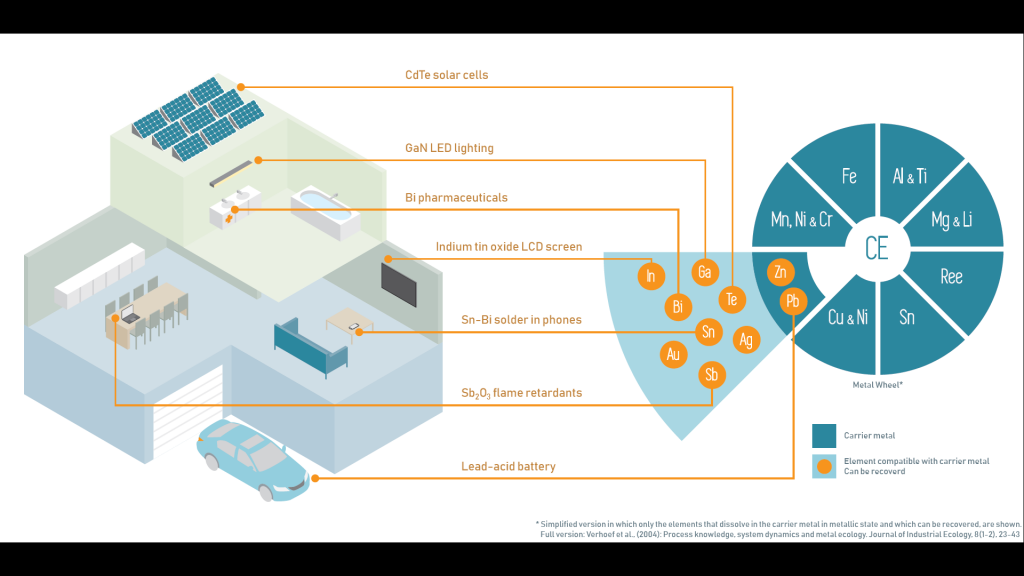
We’re excited to share a post from EEE’s European partner ILA, about how EU scientists are examining “immortal metals” like lead in the circular economy.

If generation were in a straight line only, and there were no compensation or circle in nature, no turn or return into one another, then you know that all things would at last have the same form and pass into the same state, and there would be no more generation of them.
Quote from Phaedo – Plato
This quote is from Plato’s fourth dialogue Phaedo, in which the philosophy of Socrates on the afterlife and the immortal soul is discussed. Socrates may no longer be with us, but his name and philosophy are still relevant 2,400 years later and has been revived in a European project called Socrates. This project is not a philosophical study on the afterlife, the (re)generation or the circle in nature. Instead, it is a Marie Curie European Training Network (EU-MSCA-ETN) project in which a group of scientists and engineers search for answers and solutions on the afterlife of industrial by-products, the regeneration of their metallic constituents and the development of metallurgical flowsheets in a Circular Economy.
The immortality of the soul is one of the key ideas of Socrates – the philosopher – discussed in the Phaedo dialogue. The European project Socrates looks at metals in industrial residues in a similar way – as immortal substances that can be reused. This is the idea of the Circular Economy. Metals can be used as part of an industrial residue, and then reused as a crucial element in smartphones or in renewable energy technologies.
Metals are indeed eminently recyclable – lead can be infinitely recycled without any loss of quality. However, to recover base and technology metals from natural resources, residues and complex end-of-life products at the highest resource efficiency, an agile and interconnected metallurgical infrastructure is needed. This concept, and specifically how the base metallurgical sectors, such as lead metallurgy, are enabling the Circular Economy and the (re)generation of technology metals, is discussed in a recent policy brief by Socrates, the EU-MSCA-ETN project.
The recovery and recycling of several elements, such as antimony (Sb), tin (Sn) and bismuth (Bi) is based on refining them from lead (Pb) through well-developed metallurgical processes in which lead acts as a carrier metal. Lead therefore plays a fundamental role in the extractive metallurgy and is a key enabler of the Circular Economy. It should be realized that disrupting a basic metallurgy infrastructure by restricting the use of lead, such as proposed by the European Commission will have far-reaching consequences. It will negatively impact the inflow, production, recycling and availability of many other metals used for key industries in Europe such as car manufacturing, energy storage and the aviation and space industry. As such, it is key to maintain and further develop the metals infrastructure and know-how in the EU and worldwide, including lead metallurgy, to realize the Circular Economy in the most environmentally and energy-efficient manner.
Learn More
Lead Metallurgy is Fundamental to the Circular Economy (by Bart Blanpain, Markus Reuter, Annelies Malfliet – KU Leuven)
What is the SOCRATES program?


